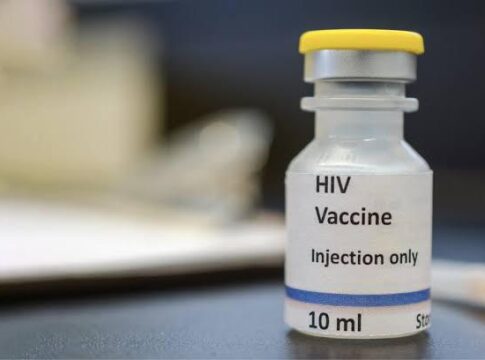The number of new passenger cars imported into Nigeria fell sharply in 2024 as inflation and naira depreciation pushed prices beyond reach for many buyers.
The National Bureau of Statistics (NBS) reported a 14.3% drop in car imports, with the total value declining from N1.47 trillion in 2023 to N1.26 trillion in 2024. This downturn followed a surge in 2023 when vehicle imports more than doubled compared to 2022.
The economic strain in 2024 forced both businesses and individuals to cut back on non-essential spending, with new cars being one of the hardest-hit items. Many Nigerians turned to the local second-hand car market, where prices were relatively lower.
Rising Costs Push Buyers to Local Markets
The steep drop in imports reflects the growing financial strain on Nigerian consumers, as inflation soared and foreign exchange became more expensive. Importers had to pay higher costs due to the naira’s sharp depreciation, making brand-new and foreign-used cars increasingly unaffordable.
READ MORE: Nigerian Air Force of Deliberately Refused to Settle N4.34 Billion Electricity Debt – Discos
In response, demand shifted to the Tokunbo (second-hand) car market, where prices, though rising, remained lower than new imports. Dealers report increased sales of locally used cars as many buyers struggled to afford even foreign-used vehicles.
Experts warn that continued currency instability and high inflation could worsen the situation in 2025, further pushing consumers away from new car purchases and affecting Nigeria’s already struggling auto industry.
A Struggling Auto Industry and Uncertain Future
Nigeria’s car market has long been dominated by imports, but the recent downturn raises concerns for industry stakeholders. With fewer vehicles entering the country, transportation costs and vehicle maintenance expenses could rise, impacting businesses and consumers alike.
Industry analysts suggest that boosting local car production could be a long-term solution. However, persistent challenges such as high production costs, lack of infrastructure, and inconsistent policies continue to hinder progress.




